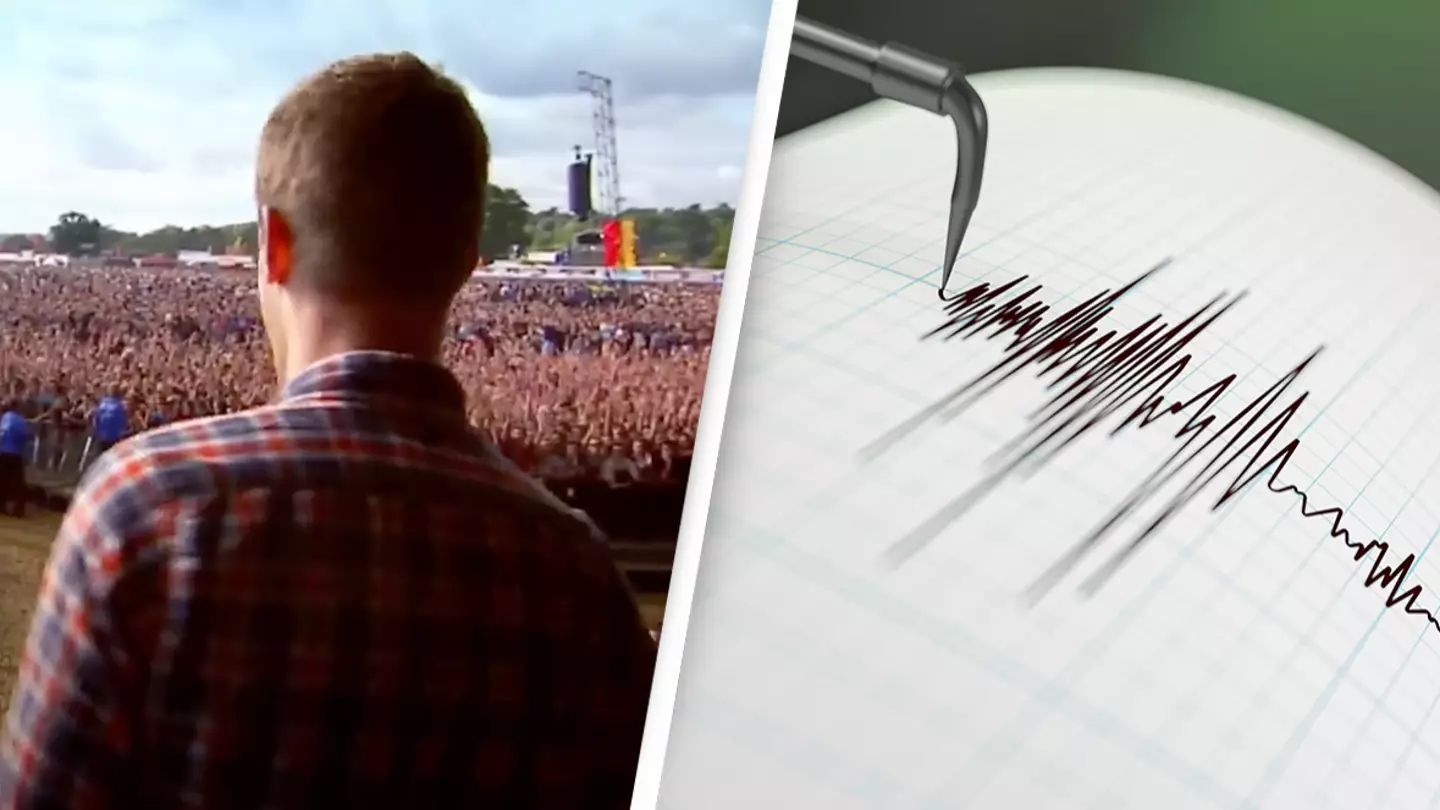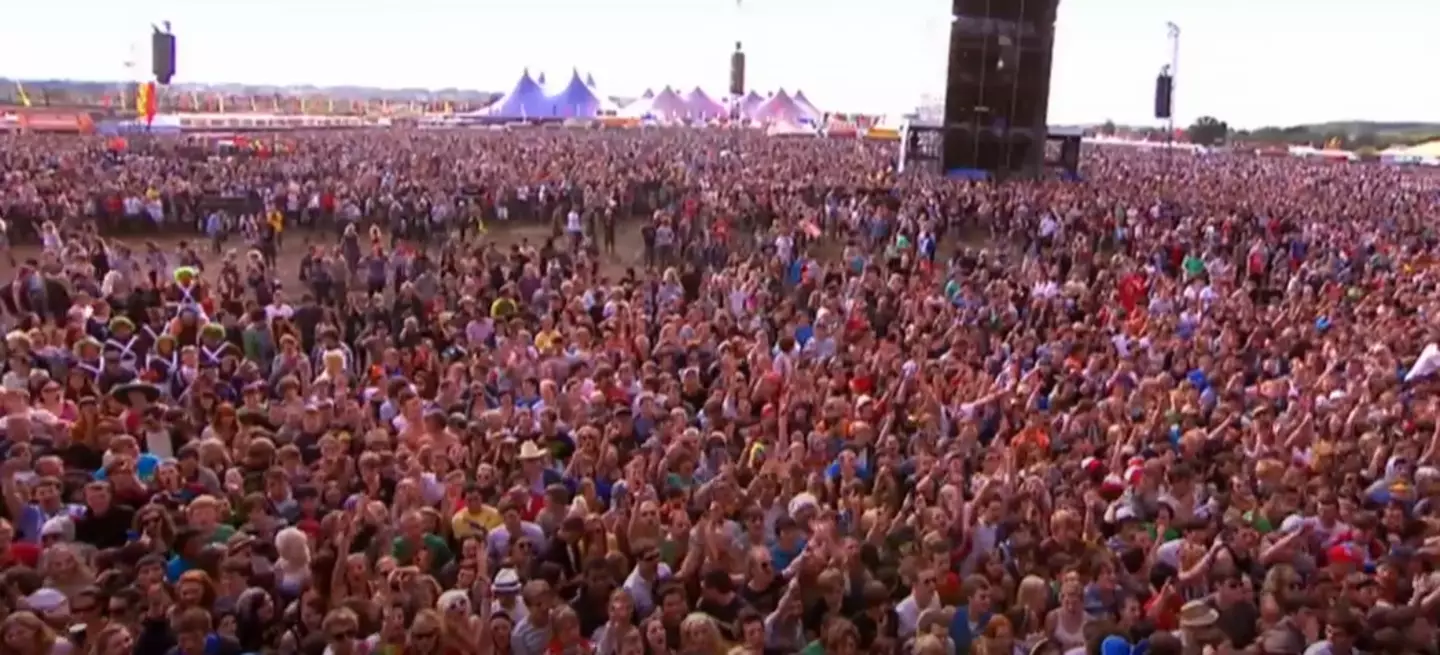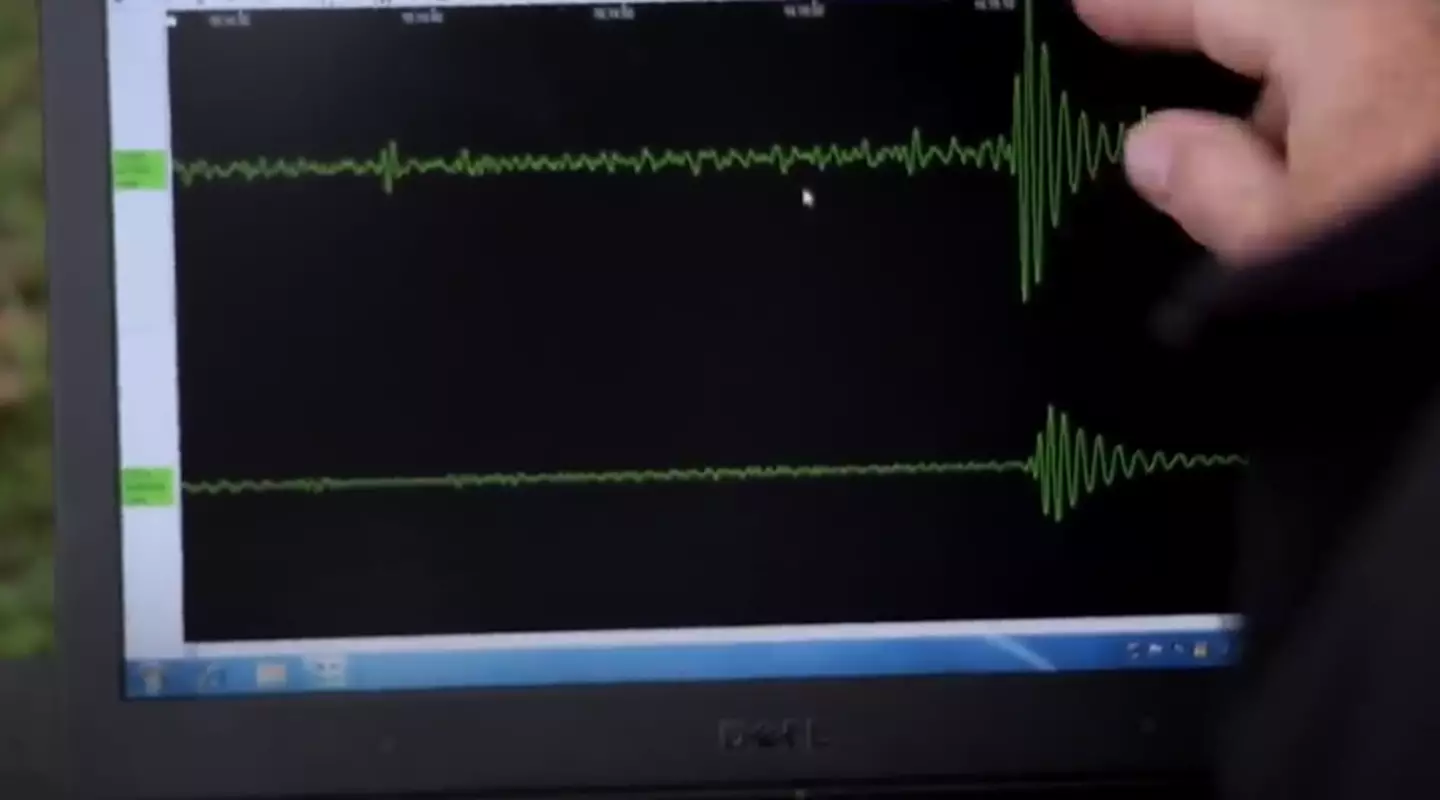
There has always been a common thought about what would happen if everyone on Earth jumped at the same time.
Would the Earth bounce? Or would it wobble?
There are a lot of thoughts about what could happen, and it’s never been something that we’d actually try.
However, a lot of people are invested in the answer to that question which led one physicist to calculate what the consequence would be if we were to do it.
Advert
An experiment was performed for BBC's Earth Lab, where Greg Foot, a science journalist and presenter tried to attempt it using a small group of 50,000 people who all jumped at the same time at Reading Festival.
Then he measured the movement from around a mile away.

He said in the video: "And then with a bit of math I can scale that up and see what would happen if everyone around the Earth jumped at the same time, and whether that would change the speed of the spin of the Earth.”
Advert
Apparently, we could temporarily shift our host planet by the tiniest of movements if every single person on the planet were to do the same thing.
To figure this out, looking at how an earthquake has the potential to affect the Earth’s spin is key.
In 2011, an earthquake which hit Japan actually managed to accelerated Earth's spin which shortened our days by 1.8 microseconds.
So, Foot’s thought that we could all affect Earth’s spin by jumping isn’t a crazy theory.
Advert
When he measured from a mile away from the experiment, he found that they created an earthquake of 0.6 on the Richter scale.

But it wouldn’t be enough to affect the Earth.
He said: "Earthquakes don't affect the planet's spin until they reach at least eight, and for this you'd need seven million times more people than currently live on the planet.
Advert
"So, the urban legend is completely untrue. You cannot shift the planet if everyone jumps at the same time; you can't even change how fast it spins. There's no truth in it at all."
Physicist, Rhett Allain went on the theorise whether people could have any affect on the Earth if we all jumped, even if it didn’t change the spin.
For this, he calculated an estimate of what everyone would weigh against the mass of the Earth and decided that if everyone jumped 0.3 meters at the exact same location at the exact same time, the Earth would move around a hundredth of the radius of a single hydrogen atom.
He said to Live Science's series Life's Little Mysteries: "After all the people jump they would 'fall' back down – move towards the Earth.
Advert
"During this time, the Earth would move back up. All would be as it once was."
